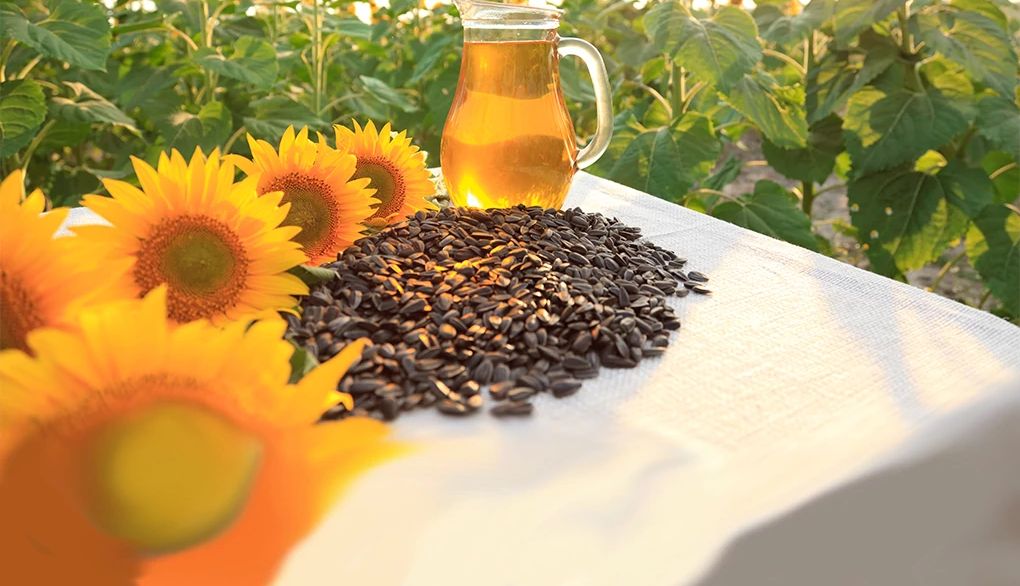Challenges


Diets rich in vitamin E are associated with a lower risk of cognitive decline. “Vitamin E protects the brain’s nerve cells from damage,” says Jeffrey Blumberg, a research professor in the Friedman School of Nutrition Science and Policy at Tufts University. “Research shows that vitamin E levels in the blood are lower in people with memory, language and thinking problems,” he explains. Unfortunately, many people don’t get enough vitamin E from their diet. These six foods will help top up your levels.
1. Almonds
Almonds are a concentrated source of vitamin E. Just ¼ cup, or 23 shelled almonds, provides 49 percent of the daily recommended amount of vitamin E for 165 calories. In addition, almond skins contain a combination of plant compounds called flavonoids that promote E’s antioxidant effects, according to Blumberg.
Bonus points: One of the flavonoids in almonds, quercetin, can help fight inflammation and the abnormal buildup of proteins in the brain associated with Alzheimer’s disease, according to a review published in Brain Research in 2024.
2. Swiss chard
Swiss chard doesn’t get as much press as its more famous leafy-green rivals, spinach and kale, but it’s rich in vitamin E, mixes well with other foods and has tender leaves. Given that more than 80 percent of American adults fall short of getting their recommended daily E, Swiss chard is a shoo-in for a place in your shopping cart.
Bonus points: Swiss chard is also an excellent source of vitamin K. High levels of this vitamin in the brain are associated with lower odds of developing dementia or mild cognitive impairment.
3. Whole wheat bread
Whole grains, such as those found in whole wheat bread, are one of the better sources of vitamin E. Not a fan of whole wheat? Try a bread or cereal made with other grains, such as oats, rye or corn. Just make sure the first ingredient on the label is “100 percent whole wheat” or “whole grain.”
Bonus Points: Whole grains are also rich in vitamin B5 (pantothenic acid). This vital vitamin may help reduce levels of LDL (bad) cholesterol.













More From Staying Sharp
Eating Fish Can Benefit Your Brain
Support your brain health with fish and try tasty recipes to incorporate into your meals
Whip Up a Protein-Rich Dessert
Who says treats can’t be nutritious?
7-Day DASH Diet Meal Plan
Help manage your blood pressure and balance blood sugar levels